How creativity can mitigate anxiety
(And other life advice from an iguana)
In 2006, a high school English teacher had her students write to famous authors and ask for life advice. Kurt Vonnegut was the only one who responded. After describing himself as an old man who now resembles "an iguana," he writes:
“Here’s an assignment for tonight, and I hope Ms. Lockwood will flunk you if you don’t do it: Write a six-line poem, about anything, but rhymed. No fair tennis without a net.
“Make it as good as you possibly can. But don’t tell anybody what you’re doing. Don’t show it or recite it to anybody, not even your girlfriend or parents or whatever, or Ms. Lockwood. OK? Tear it up into teeny-weeny pieces, and discard them into widely separated trash receptacles.”
Has Vonnegut gone mad? Nah, he’s just delivering a lesson on creating for the sake of creating. You know, that thing we completely forget and neglect as adults. We do it endlessly when we’re kids - music with a spoon, sandcastles, weird-looking contraptions, stick figure drawings. Things that have no real purpose and short life spans.
Somewhere along the way, we start to think about time as needing to be efficient. This leaves very little room for "useless" creative endeavors. Many of us wonder how we can be more productive. "Too much to do, and not enough time," we say to ourselves. Worse, when we finally collapse into "unproductivity" (think Netflix with no chill), guilt and shame ensue.
Creativity and anxiety are closely intertwined - both need imagination. As Deepak Chopra put it, “The best use of imagination is creativity, the worst use of imagination is anxiety.”
Not only are they two sides of the same coin, creative endeavors can in fact mitigate anxiety. A study done at Leiden University in the Netherlands showed positive effects of art therapy, which has since been confirmed by other studies. Participants saw a significant reduction in anxiety and an increase in wellbeing. The effects remained even 3 months later.
Creativity involves coordination between the cognitive control network, which manages executive functions such as problem-solving, and the default mode network, which is most active during daydreaming. Interestingly, creating things is pleasurable to your brain, much the way drugs or your favorite food would be.
In our need to make time always efficient, we lose out on the pure bliss we can feel by creating. By leveraging our cognitive control network to create, we are putting a pause on ruminating about all the stressful things in our lives. It’s also an excellent way to break the time-productivity mental model and find yourself in the present moment.
As Kurt Vonnegut says at the bottom of his letter: “You will find that you have already been gloriously rewarded for your poem. You have experienced becoming, learned a lot more about what’s inside you, and you have made your soul grow.” When you put it that way, maybe creativity isn't so unproductive after all.
The Habit:
We’ll give you two options:
1. Write a six-line poem, about anything, but rhymed.
2. Draw something on a piece of paper, but not abstract.
No fair tennis without a net. Then, rip it up ceremoniously and distribute it widely.
How to know if it's working:
Creativity can induce a state of flow. Popularized by positive psychologists Mihaly Csikszentmihalyi and Jeanne Nakamura, a flow state describes a feeling where you become fully immersed in whatever you are doing. If you don’t reach “flow,” even spending time doing a creative endeavor will force your brain to stop ruminating about the future or the past.
Additional Reading/Listening:
Optimize your learning and creativity with science-based tools by Professor Andrew Huberman (podcast)
Creativity by The Mind, Explained (Netflix episode)
Written by Lauren Vriens and Maria Potoroczyn
Follow Habit & Co. on LinkedIn, Twitter, or Instagram
Disclaimer:
Information provided in this newsletter is not medical or professional health care advice. If you are struggling right now and looking for help, please dial 988 to talk to a trained counselor at a crisis center closest to you.
